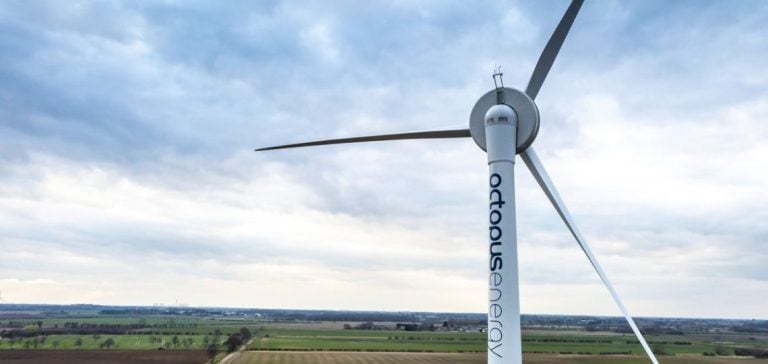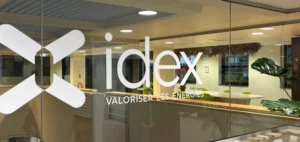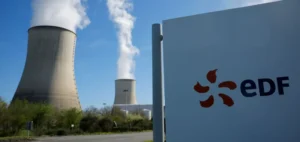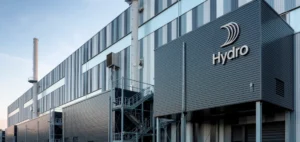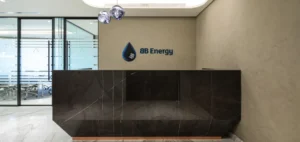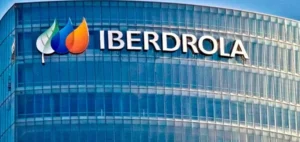Octopus Energy Launches “Project Mercury” to Establish Energy Technical Standards
Octopus Energy has launched “Project Mercury” in London, aiming to establish technical standards for the integration of smart energy devices into global energy systems. This ambitious project aims to create an international consortium of hardware manufacturers to simplify the integration of the 200 million energy devices projected by 2030. Known as “Mercury Enabled,” this new technical framework will certify device interoperability and functionality to support energy grids by balancing supply and demand.
“Project Mercury” seeks to facilitate the adoption of clean technologies such as heat pumps, batteries, solar panels, and electric vehicle chargers, ensuring their compatibility with established brands. This initiative will also encourage collaboration within the industry, promoting consumer participation in global demand flexibility programs, such as Octopus Energy’s “Saving Sessions,” and the adoption of smart energy tariffs.
Greg Jackson, founder of Octopus Energy Group, states: “Just as Bluetooth set a global standard for tech devices, we need a similar approach for energy, allowing millions of smart energy technologies to seamlessly integrate with one another.”
In just two years, Octopus Energy has built the world’s largest virtual power plant, managing over 1 GW of flexible demand in the UK via 200,000 connected energy devices. The company is now the largest energy supplier in the UK, operating in 18 countries, and “Project Mercury” represents a key step in its overall strategy for innovation and sustainable development.


